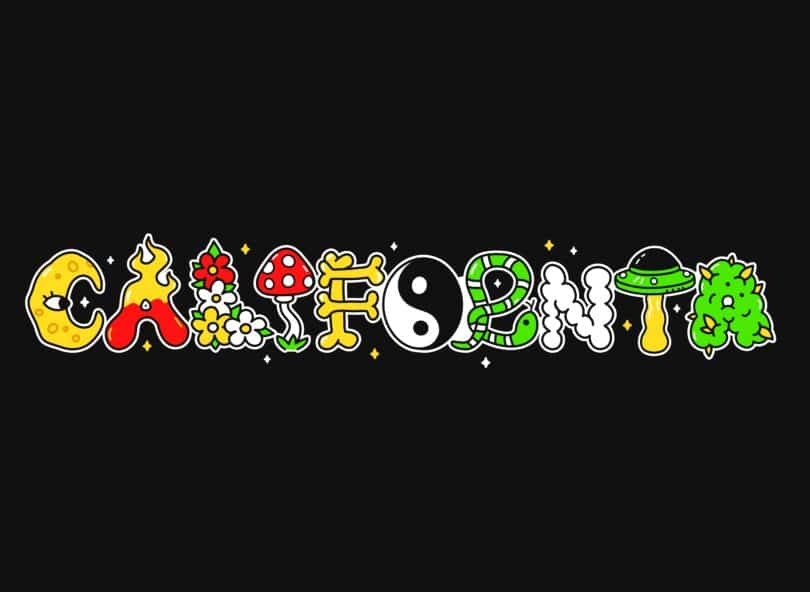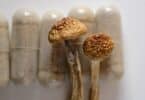California is set to legalize four different natural psychedelic drugs after a bill passed the legislature on Thursday. SB58, which was introduced back in 2022 and underwent a number of revisions, would remove criminal penalties for the possession of psilocybin, psilocin, DMT (dimethyltryptamine), and mescaline.
The bill was authored by Senator Scott Wiener (D), who has been pushing for more progressive psychedelics legislation for a long time. He introduced another bill in 2021, SB519, that was nearly identical to this one but it died in committee. He made some changes and reintroduced the same bill in late 2022 as SB58.
“California’s veterans, first responders, and others struggling with PTSD, depression, and addiction deserve access to these promising plant medicines,” Senator Scott Wiener (D) said in a press release. “SB58 has prudent safeguards in place after we incorporated feedback from three years of deep engagement with a broad array of stakeholders.”
Last Wednesday, the bill passed through the California State Assembly, then the next day it got final approval from the State Senate. Now, SB58 is headed to Governor Gavin Newsom’s desk for a final signature before it becomes law.
“We know these substances are not addictive, and they show tremendous promise in treating many of the most intractable conditions driving our nation’s mental health crisis,” Wiener added. It’s time to stop criminalizing people who use psychedelics for healing or personal well-being.”
The “allowable amount” section of the bill as amended allows for the following psychedelics possession limits:
- Mescaline: 4 grams
- DMT: One gram
- Psilocybin: One gram, or up to one ounce of “a plant or fungi containing psilocybin”
- Psilocyn: One gram, or up to one ounce of “a plant or fungi containing psilocyn.”
Peyote is excluded from the bill’s list of legalized substances due to concerns raised by indigenous groups and advocates about the risk of over-harvesting these delicate cacti that are used ceremoniously in native cultures. Other mescaline-containing plants such as San Pedro cactus or Bolivian Torch cactus are fair game.
It also says that adults could possess “an amount of spores or mycelium capable of producing an allowable amount of a plant or fungi which contain a controlled substance” that would be legalized under the bill. California is currently one of only 3 states that has a ban on psilocybin spores, they are otherwise federally legal because the spores themselves do not contain psilocybin, only the mushroom fruiting bodies do.
If signed by Newsom, which honestly, seems like it could go either way because he has not yet indicated if he plans on doing so – the law would go into effect on January 1, 2025. Three cities in California have already decriminalized certain psychedelics: Santa Cruz, Oakland, and Arcata. But all hallucinogens still remain illegal statewide, and at the federal level.
Welcome cannabis aficionados! Thanks for making your way to Cannadelics.com, an independent news site going deep into the worlds of cannabis, psychedelics, and well beyond. We’re big on updates, so come by regularly. And get yourself signed up to the Cannadelics Weekly Newsletter, for the best in related product offerings, as well.







